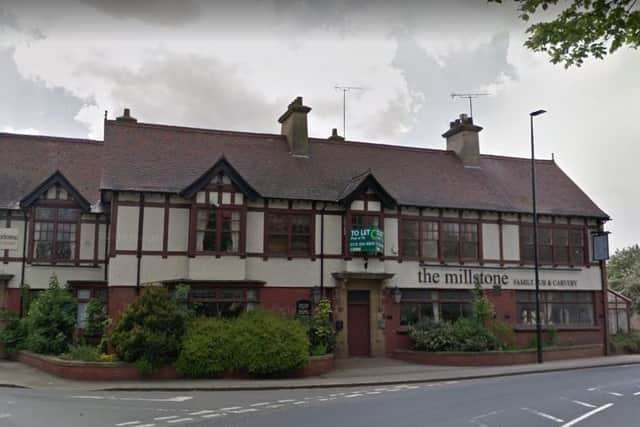Doncaster councillors get overruled - plans to turn former pub into convenience store and flats given go ahead
and live on Freeview channel 276
Members of the planning committee raised issues around pedestrian safety and the lack of landscaping on site and sided with dozens of objectors who were against the development of the store.
Advertisement
Hide AdAdvertisement
Hide Ad

Planning inspector Robert Walker from the Ministry of Housing, Communities and Local Government, said there is ‘no substantive evidence’ as to whether there is a problem with the capacity of existing on-street parking or car parks in the area.
Mr Walker added mixed uses and activities are ‘common features’ in towns and there is ‘no firm evidence’ that the proposed mix would ‘give rise to situations that would be to the detriment of highway or pedestrian safety’.
Representatives from Bar 24 Ltd also said the council were ‘unreasonable’ in rejecting the plan against the recommendations of the officer and asked for the authority to pay costs. But this was rejected.
Advertisement
Hide AdAdvertisement
Hide AdMr Walker said: “I have found that the proposed landscaping would have a positive effect on the appearance of the development and street scene.”
“I have also found that the proposal would not harm highway and pedestrian safety. The proposal would comply with the development plan when read as a whole.
“For the reasons set out, and having considered all other matters raised, the appeal is allowed.”
On the issue of if the council should pay costs towards the applicant, Mr Walker added this should not happen.
Advertisement
Hide AdAdvertisement
Hide Ad“The applicant contends that the council have acted unreasonably in refusing planning permission and provided reasons for refusal which do not stand up to scrutiny on the planning merits of the case,” he said.
“Ultimately, the applicant feels that the appeal was unnecessary but the fact that the application was refused planning permission contrary to the recommendation of officers is not an unusual situation. It in itself is not unreasonable and thus not a ground for a successful claim for costs.”
In these confusing and worrying times, local journalism is more vital than ever. Thanks to everyone who helps us ask the questions that matter by taking out a subscription or buying a paper. We stand together. Nancy Fielder, editor.